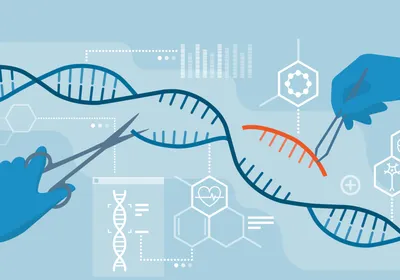 CDC, FRANK HADLEY COLLINS The United Nations (UN) biodiversity meeting, held in Mexico this month, could have ended poorly for scientists working on gene drives, genetic elements that can perpetuate specific mutations and may help cull dangerous mosquito populations. But in spite of environmental activists pushing the UN to ban gene drives, citing the risk of accidental release, the UN’s final agreement—penned December 16—merely urged caution in testing gene drives, Nature reported. Overall, the organization broadly supported further research in synthetic biology.
CDC, FRANK HADLEY COLLINS The United Nations (UN) biodiversity meeting, held in Mexico this month, could have ended poorly for scientists working on gene drives, genetic elements that can perpetuate specific mutations and may help cull dangerous mosquito populations. But in spite of environmental activists pushing the UN to ban gene drives, citing the risk of accidental release, the UN’s final agreement—penned December 16—merely urged caution in testing gene drives, Nature reported. Overall, the organization broadly supported further research in synthetic biology.
“I’m very relieved,” Andrea Crisanti, a molecular parasitologist at Imperial College London who works with gene drives, told Nature. “It would have been a disaster for developing the technology.”
By engineering mutations that render organisms infertile or less infectious, then perpetuating these mutations with gene drives, scientists may be able to reduce the occurrence of certain mosquito-born illnesses and cull invasive species. Gene drives have already been tested in yeast, fruit flies, and mosquitoes, and may soon be enlisted in the fight against malaria. One team hopes to conduct field trials in Africa as soon as 2024.
But critics have expressed concern that there is no international framework governing the use of gene drive technology, and some activists had hoped to use the UN meeting ...





















